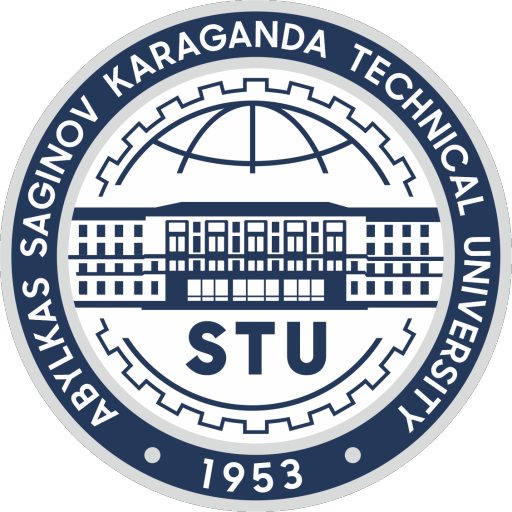The Department of «Technological equipment, engineering and standardization»
Bachelor’s degree
Full-time education (4 years of study)
-6В07104 “Mechanical engineering”;
-6В07104 “Mechanical engineering (welding)”;
-6В07105 “Digital technologies in mechanical engineering”;
-6В07111 “Technological machines and equipment (by branches)”;
-6В07501 “Standardization and certification (by branches)”;
-6В06106 “IT engineering”;
Shortened form of study (3 years of study)
-6В07104 “Mechanical engineering”;
-6В07104 “Mechanical engineering (welding)”;
-6В07111 “Technological machines and equipment (by branches)”;
-6В07501 “Standardization and certification (by branches)”;
Master’s degree
(scientific and pedagogical direction– – 2 years of study)
-7M07103 “Mechanical engineering”;
-7M07501 “Standardization and certification (by branches)”;
-7M07109 “Technological machines and equipment (by branches)”.
Doctoral degree
(scientific and pedagogical direction–– 3 years of study)
-8D07101 “Mechanical engineering”;
-8D07109 “Technological machines and equipment (by branches)”
(profile direction– 3 years of study)
-8D07105 “Innovative Mechanical Engineering”
Bachelor’s degree
Upon completion of training, graduates of educational programs 6B07104 “Mechanical Engineering”, 6B07104 “Mechanical Engineering (Welding)” are awarded the academic degree of “Bachelor of Engineering and Technology”.
Next they can work:
– heads of production and divisions;
– engineers and technologists developing progressive technological processes in flexible automated production;
– design engineers for the development of automation equipment, new tool designs and technological equipment;
– design engineers in the field of creating small spacecraft;
– research engineers for the creation of innovative technologies for mechanical engineering production.
Upon completion of training, graduates of the educational program 6B07111 “Technological machines and equipment (by branches)” are awarded the academic degree of “Bachelor of Engineering and Technology”.
Next they can work:
– designers of mining machines and equipment;
– mining technicians for the operation of mining machines and equipment at open and underground mining enterprises;
– chief mechanics for the repair of geological and processing equipment;
– engineering and technical specialists of hydraulic equipment for mining and road construction machines in foreign and domestic service organizations;
– sales managers of technological equipment for the mining industry;
– specialists in service management of technological equipment.
Upon completion of training, graduates of the educational program 6B07501 “Standardization and Certification (by branches)” are awarded the academic degree of “Bachelor of Engineering and Technology”.
In the future they can work:
– engineers of metrological support for production, testing and operation of industrial goods and new technology;
– specialists in the field of complaint work and analysis of the causes of defects;
– specialists in the field of metrological expertise, preparation of the regulatory and technical base;
– engineers for standardization, certification and quality management of manufactured products.
Upon completion of the program, graduates of the 6B06106 “IT Engineering” are awarded the academic degree of “Bachelor of Science in Information and Communication Technology”.
In the future they can work:
-programmers in production;
– Big data analysts;
– Internet of Things (IoT) specialists;
– specialists in the field of “Industry 4.0”;
– specialists in digitalization of production;
Master’s degree
Graduates of educational programs 7M07103 “Mechanical Engineering”, 7M07501 “Standardization and Certification (by branches)”, 7M07109 “Technological Machines and Equipment (by branches)” are awarded the degree of “Master of Engineering Sciences”.
Doctoral studies
Graduates of the educational programs 8D07101 “Mechanical Engineering” and 8D07109 “Technological Machines and Equipment (by branches)” are awarded the degree of “Doctor of Philosophy (PhD)”, and those of the educational program 8D07105 “Innovative Mechanical Engineering” are awarded the degree of “Doctor by profile”.
The department’s research is developing in various directions, the main ones being:
-Technology for processing difficult-to-process materials;
-Development of protective nanofilms, nanocoatings;
– Design of special metal-cutting tools;
-Increasing wear resistance of parts;
-Standardization and certification, etc.
The department’s scientific research is conducted for industry, mechanical engineering and medicine.
